Bon Appetite (1924)
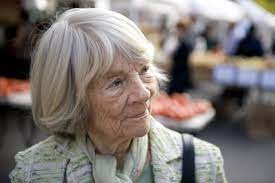
Just a Kiss (1968)
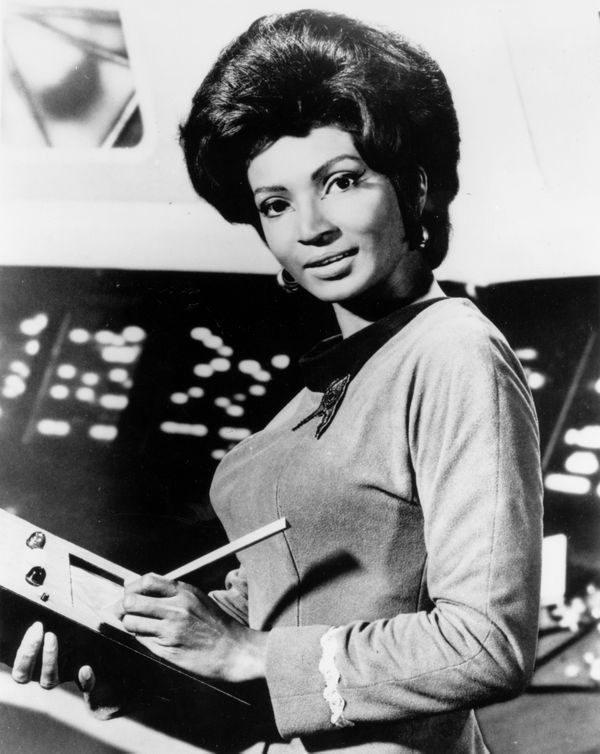
England's Rose (1961)
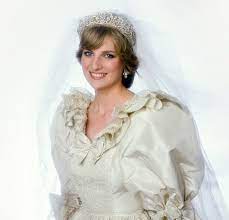
The British national anthem ends with the words, “Long to reign over us/God save the Queen.” A princess never had the opportunity to sit on the throne, and yet forever rules as an immortal icon.
In My End (1542)
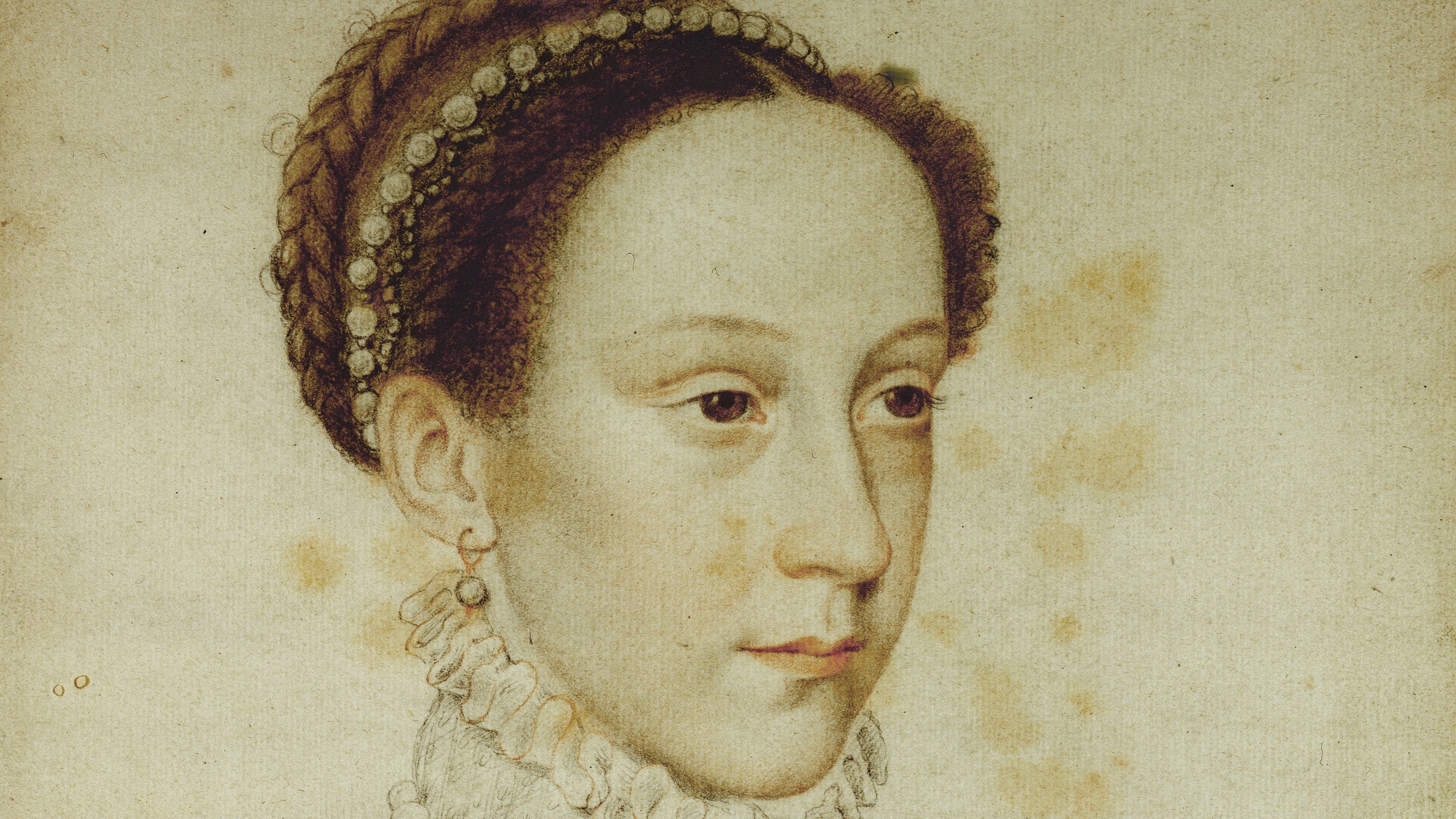
Fortune's Fool! (1537)
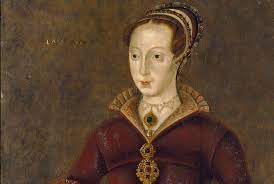
Yours, yours
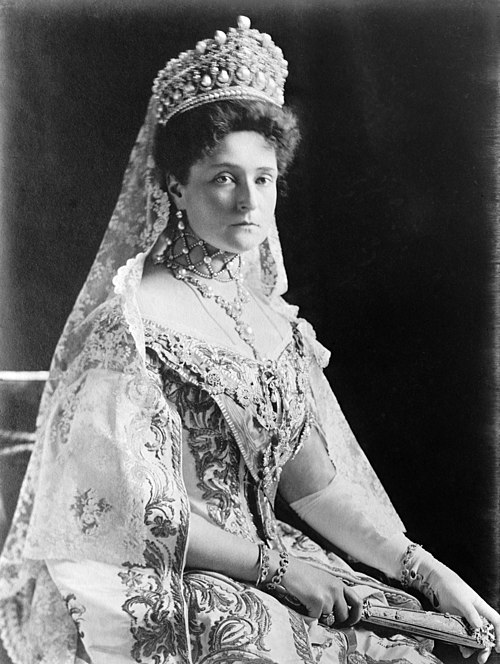
Upon occasion, an individual is the possessor of an extraordinary life résumé, the case with the woman who traversed the road from princess to empress to saint. Her story wove a tapestry that bound the threads of majesty, mayhem, and massacre.
A Far Better Rest (1775)
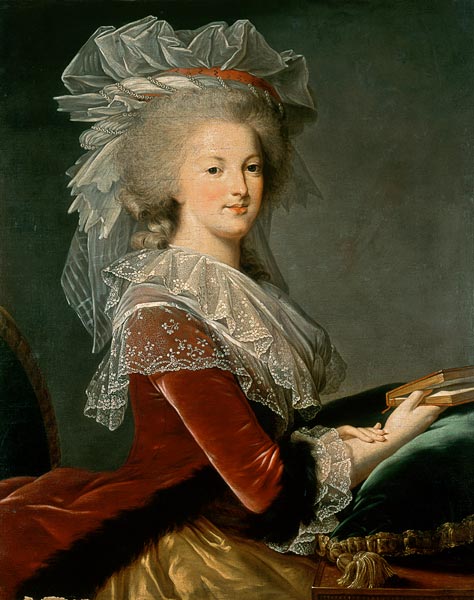
Those who wear the tiara capture the popular imagination, as queens exist in an emerald city of gowns, palaces, and jewels, oh my! And when a royal alters the course of world history, the dust never settles on their stories.
That's All That I Remember" (2013)

A proverb states, “Mighty oaks from little acorns grow,” and this was the case with a hash- tag heard round the world. Its seed was planted on a fateful Florida night when an encounter led to the convergence of the Titanic and the iceberg.
Quite Contrary (1865)
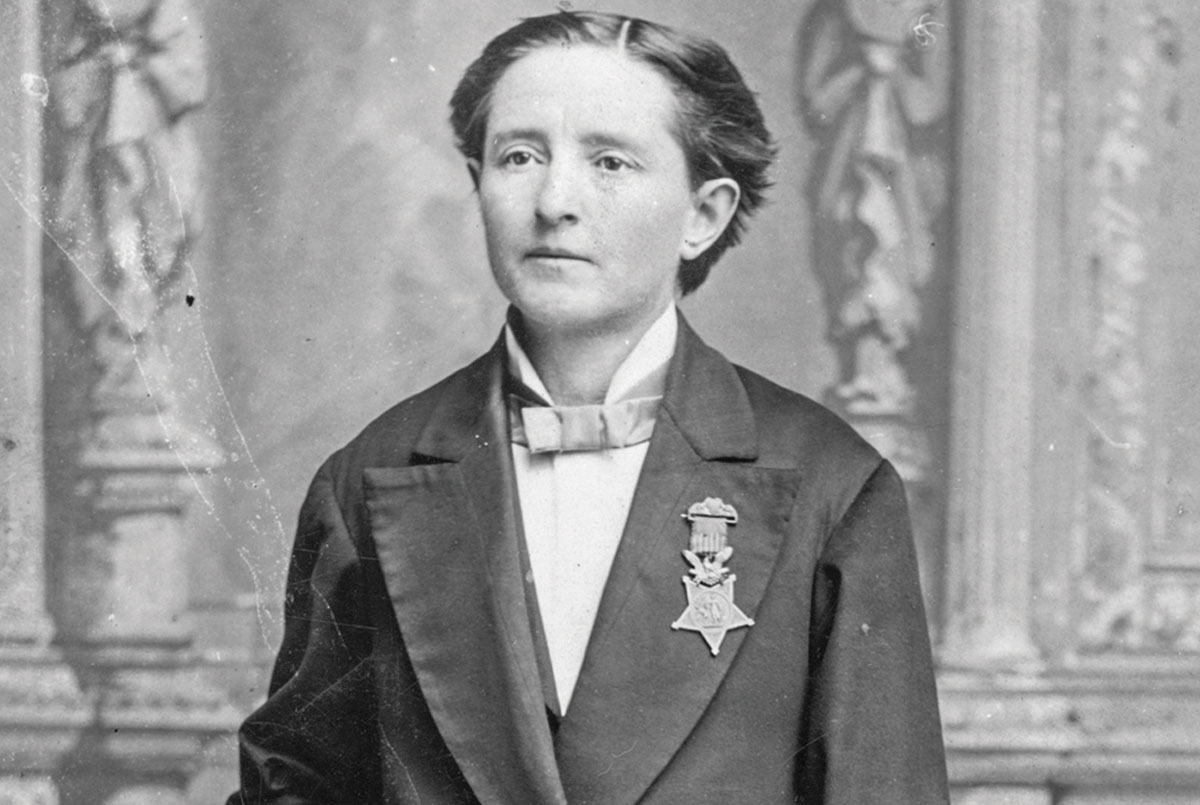
In the film Forrest Gump, Lieutenant Dan snarls at Forrest saying, “They gave you, an imbecile and a moron, the Congressional Medal of Honor.” While President Johnson conferred the award for Gump’s valor in Vietnam, an earlier President Johnson conferred the award for a lady’s valor in the Civil War. Dr. Mary Edward Walker was the first and the only woman to have received the Medal of Honor.
We Are the Champions (1985)

A Good Judge (1981)
.jpeg)
Before the first female presidential nominee of a major political party was a twinkle in the nation’s eyes, before there was a female speaker of the House of Representatives, a female attorney general, or a female secretary of state, there was the F.W.O.T.S.C. – the first woman on the Supreme Court-an acronym Sandra Day O’Connor used when she ascended America’s loftiest bench.
Heartbreak Hotel (1939)

Scarlett O’Hara loved her home, Tara, as Elvis Presley did Graceland. While Scarlett’s father named his plantation after the Hill of Tara, once the capital of the High King of Ireland, Elvis’ estate received its name from Grace Toof.
A Far Better Rest (1792)
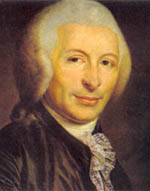
The Red Queen cried out, “Off with their heads!” The Instrument of decollation (decapitations) has gone by various names: in Scotland-the Maiden, in England-the Halifax Gibbet. The Nazis bore it a special fondness. Ironically, the guillotine received its name after the anti-capital punishment physician and ex-Jesuit, Dr. Joseph-Ignace Guillotin.
Gonna Fly Now (1976)
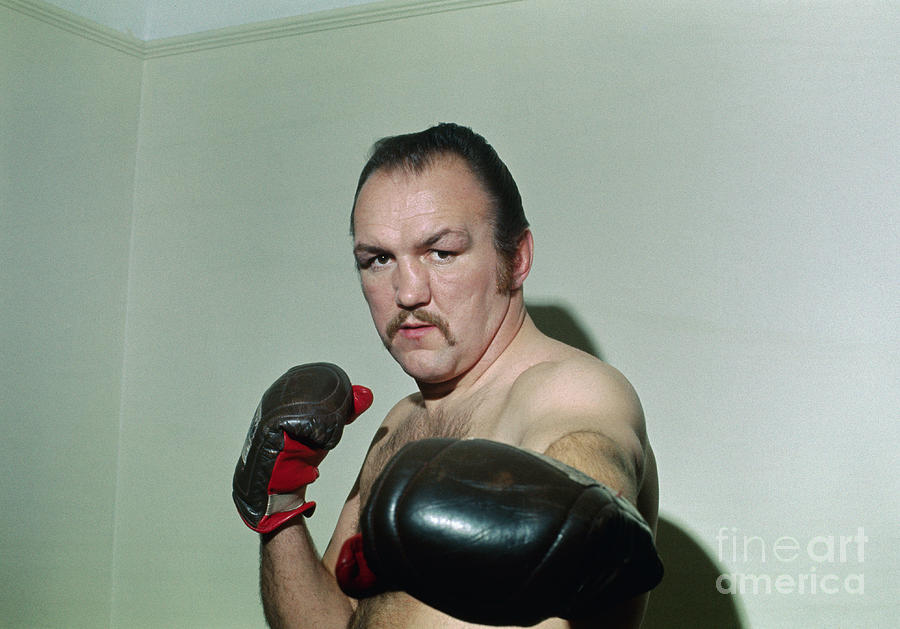
Simon and Garfunkel sang of a boxer who “carries the reminders of every glove that laid him down.” The lyric describes Rocky Balboa and the real-life Rocky: Chuck Wepner.
Extinct and Forgotten (1846)
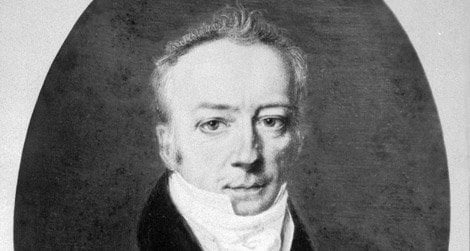
The Smithsonian is America’s greatest treasure chest, filled with 150 million precious artifacts. Surprisingly, the scientist who willed the museum into existence, James Lewis Smithson, never set foot in the United States.
Ride Sally Ride (1983)
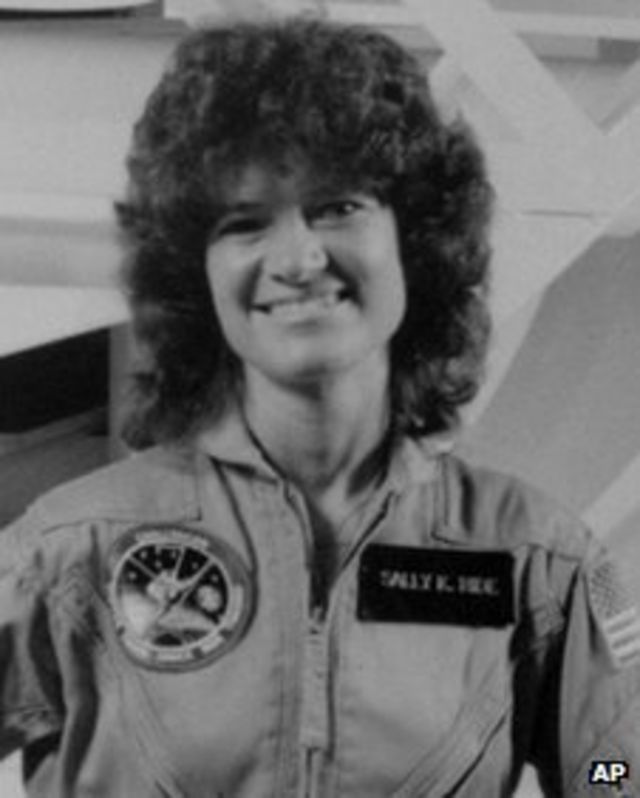
The monologue that introduced the television series Star Trek, “Space: the final frontier. To boldly go where no man has gone before echoes the fascination man has always had with the heavens.” The men who heeded the siren call of the skies are legendary: Shepard, Glenn, Armstrong, Aldrin. Then came Sally Ride who blazed a cosmic trail when she became the first woman astronaut and shattered the glass dome of the galaxy.
No Humbugging (1849)
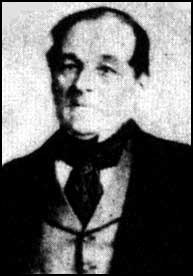
A lyric from a 1967 song by Arlo Guthrie is, “You can get anything you want at Alice’s restaurant.” Another place to satiate your heart’s desire is at Harrods, the world’s most famous department store. The emporium’s Latin motto is “Omnia, Omnibus, Ubique.” “Everything for Everybody, Everywhere.” For the green wrapped goody-bags we can thank its founder: Charles Henry Harrod.
Ethereal Blue Light (opened in 1967)
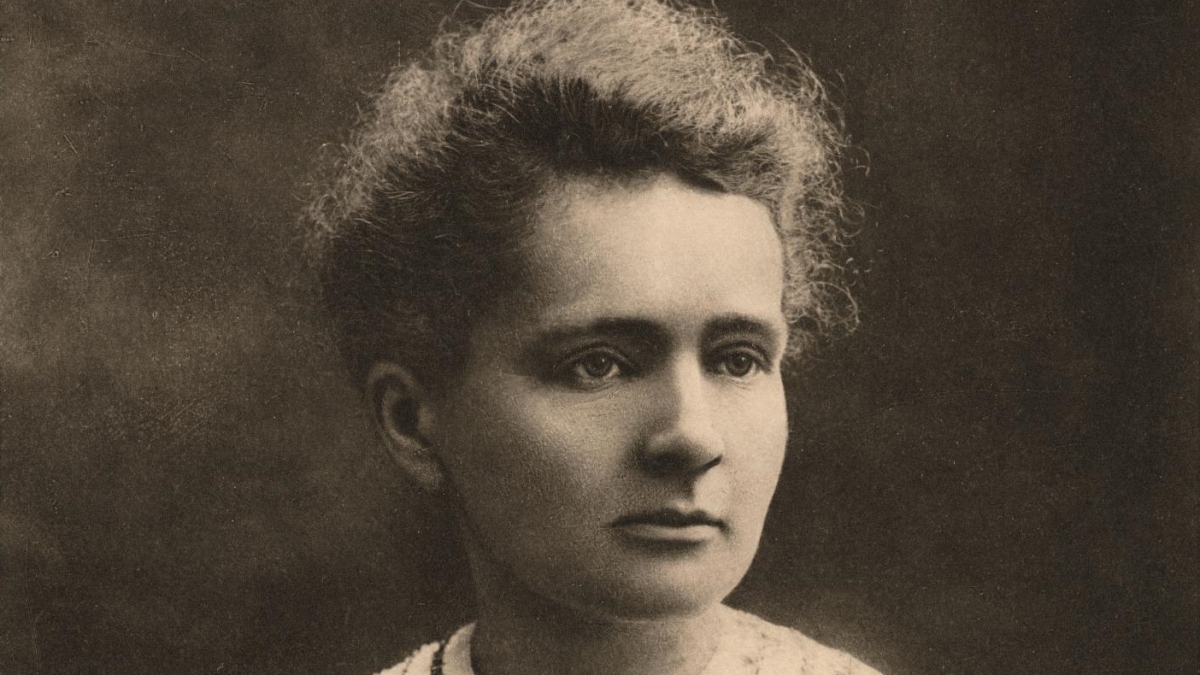
“Nothing in life is to be feared. It is only to be understood.” – Marie Curie
The Maria Sklodowska-Curie Museum
16 Freta Street, Warsaw, Poland
One is as likely to witness a blue moon, find a hen’s tooth, or catch a glimpse of Big Foot, as it is to encounter a Nobel Prize recipient. Miraculously, one family garnered five of the coveted awards. Two memorial museums are dedicated to Marie Curie: in Warsaw and Paris.
In My End (1542)

Till I Die (1847)
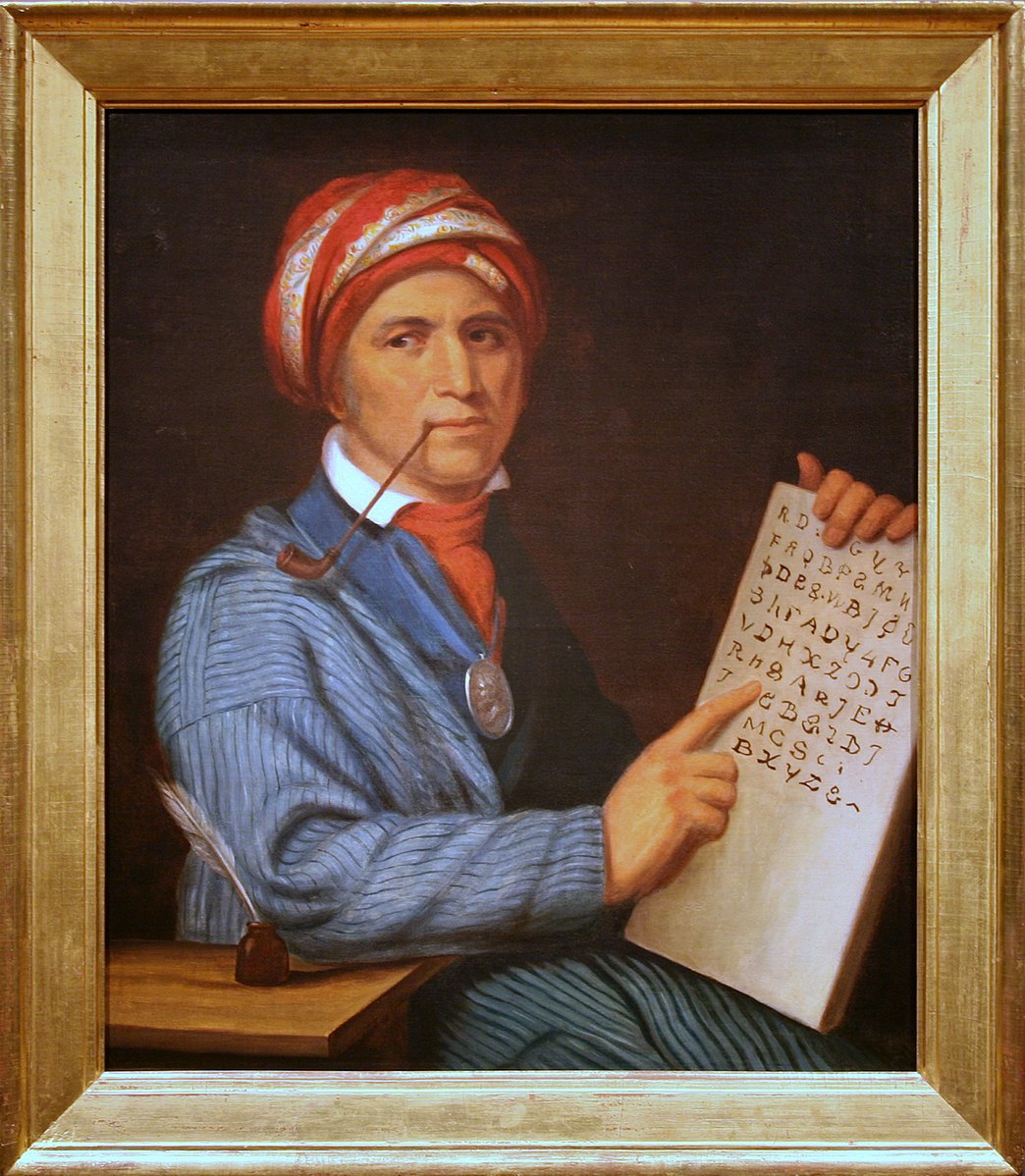
John Muir, the naturalist who was most at home sleeping outdoors on a bed of pine needles, called the sequoias the “noblest of God’s trees.” The wooden sentries were in their infancy when the Coliseum hosted its gladiator games; their tallest branches would dwarf Lady Liberty’s crown. The spiritual groundskeeper of the Sierra Nevada’s sacred forest: Sequoyah.

